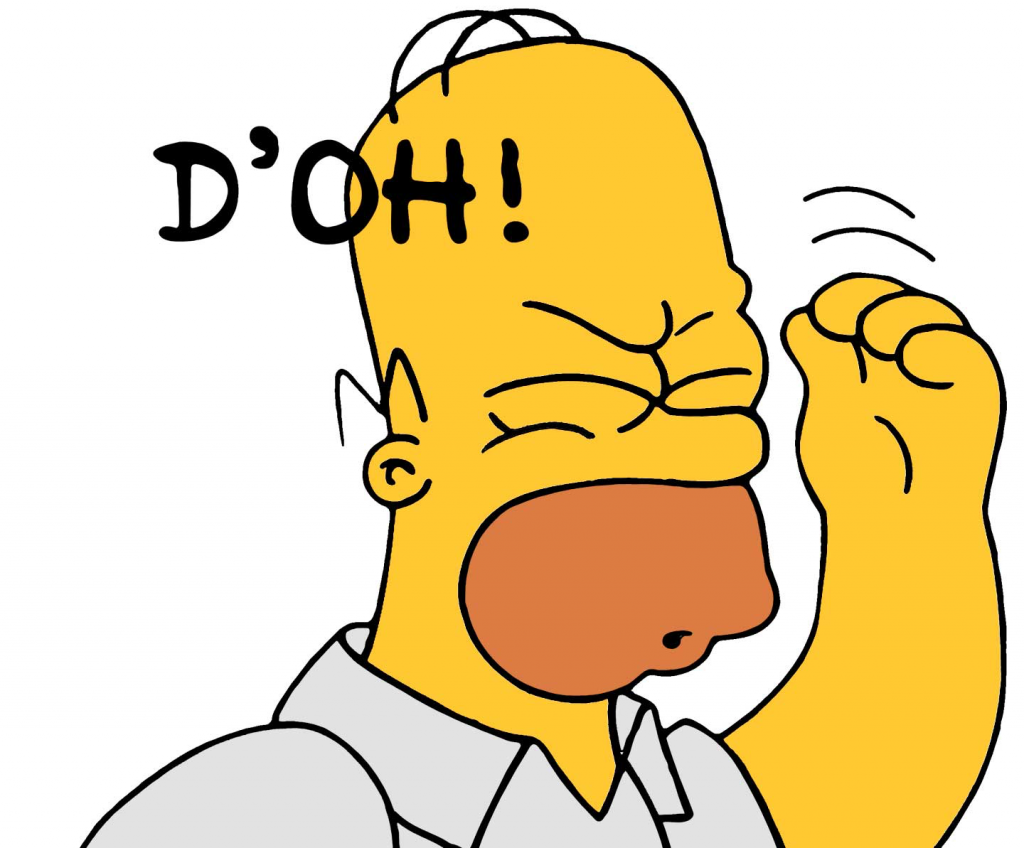
The practice of the Presence of God is the most holy, the most all-encompassing, and the most necessary practice of the spiritual life. It trains the soul to find its joy in His Divine Companionship. Bro Lawrence
Having read the book some years earlier, plus considerable experience teaching and leading, I volunteered to lead a men’s group in a study of The practice of the Presence of God by Brother Lawrence. I developed a syllabus for the study complete with goals, expectations and topics for discussion. Diving into reading and study my confidence was immediately shaken.
You have searched me, Lord, and you know me.
Psalm 139
You know when I sit and when I rise; you perceive my thoughts from afar.
You discern my going out and my lying down; you are familiar with all my ways.
Before a word is on my tongue you, Lord, know it completely.
You hem me in behind and before, and you lay your hand upon me.
Such knowledge is too wonderful for me, too lofty for me to attain.
There is no sweeter and delightful life than that of continual communion with God. Only those who experience this and practice it can comprehend it. Yet I do not advise you to undertake this practice from that motive. We should not seek pleasure in this exercise. Instead let us do it out of love and because God desires it.
Bro Lawrence
The spiritual life begins when one wakes up to the presence of God and experiences this reality for oneself. The omnipresence of God is more than a theological doctrine; it is experiential reality. The spiritual life begins in earnest when one wakes up.
Marshall Davis
This type of awakening is the heart of Christianity. It moves us from the realm of beliefs and ideas, emotions and rituals, into the Presence of God.
Mystery is not something you can’t know. Mystery is endless knowability. Living inside such endless knowability is finally a comfort, a foundation of ultimate support, security, unrestricted love, and eternal care. For all of us, it takes much of our life to get there; it is what we surely mean by “growing” in faith.
Richard Rohr
Grappling with —”knowledge too wonderful for me, too lofty for me to attain” — misconceptions about practicing the presence of God were unmasked.
First, assuming practicing presence of God to be an educational issue. Unfortunately, for a long time, I assumed diligent study and improved techniques would produce spiritual growth. Most of my efforts at spiritual formation have been overly, even excessively, education-based. In recent years that assumption was challenged and refuted but its resilience was apparent in preparing for the study. Ironically, serious inquiry into the practice of the presence of God revealed a another way of knowing; not discarding education/study but ‘ …an awakening of the heart. moving us from the realm of beliefs and ideas, emotions and rituals, into the Presence of God.”1 Marshall Davis — a game changer.
“He surrendered himself to an attitude of faithful devotion and insight rather than reasoning and thinking“. 2 Bro Lawrence
A second misconception — the Practice of the Presence of God is self improvement.
American Christianity is a therapeutic culture, we approach faith as therapy. The trouble with this therapeutic milieu is that it is ego-centric and reduces the cross of Christ [the presence of God] to a feel-good, psychotherapeutic intervention (Jesus Loves Me!, 1 Cross + 3 Nails = 4 Given, and the Jesus’s footprints in the sand parable).3 Richard Beckhttp://experimentaltheology.blogspot.com/2008/08/therapeutic-culture-of-american.html
That misconception was implicit in the goal of our study: Become better disciples of Jesus. Certainly, being in the presence of God produces better disciples, but “The change or transformation that God desires is not found in our improvement. Rather, it is our union with Him and our transformation into His image and likeness. Christ has not come to improve us, but to remake us from the inside out. 4Fr Stephen Freeman The presence of God produces humility and repentance, prerequisites to God’s transforming work.
Encountering the practice of the presence of God has proven to be a significant spiritual milestone. I am still seeking to understand the depth and breath of its mystery. Hopefully, you will join me in pursuit of the presence of God.
More to come.
STILL ON THE JOURNEY
- 1Marshall Davis
- 2Bro Lawrence
- 3
- 4Fr Stephen Freeman